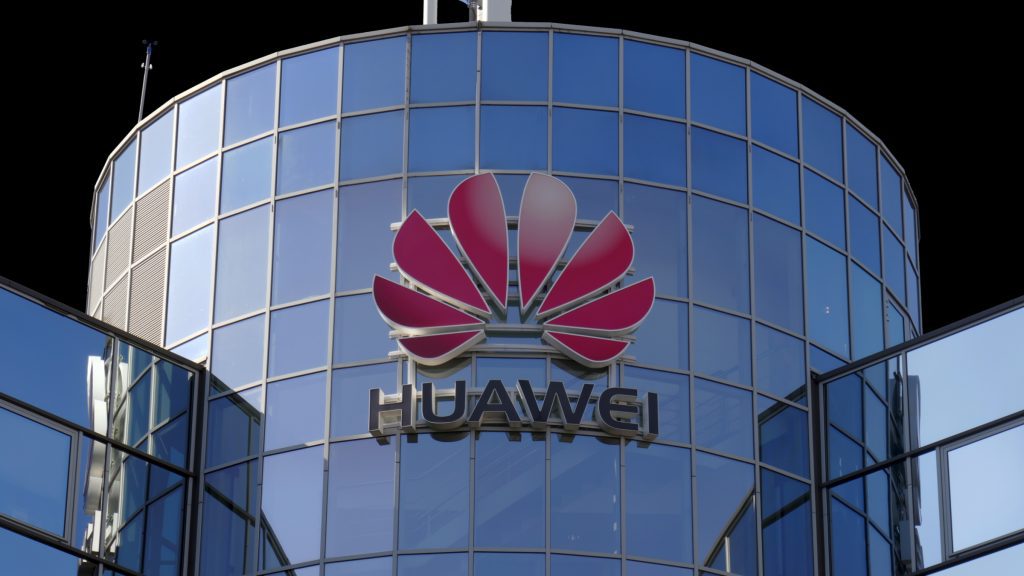
Amidst escalating tensions, the U.S. has revoked export licenses for certain companies supplying chips to Huawei.
- The U.S. Commerce Department confirmed the withdrawal of licenses for exports to Huawei, with Intel and Qualcomm among the affected companies.
- The situation could result in decreased product availability, compromised performance, and possible price hikes for Huawei products.
The U.S. has revoked export licenses permitting certain companies to supply chips to Huawei, which may further backfire on consumers.
According to people familiar with the matter, the government has revoked Intel’s and Qualcomm’s licenses. The U.S. Commerce Department later confirmed the withdrawal of “certain licenses” for exports to Huawei, without specifying the affected companies.
In an interview, however, House Foreign Affairs Committee Chairman Michael McCaul said, “It’s blocking any chips sold to Huawei. [Intel and Qualcomm] are two companies we’ve always worried about being a little too close to China.”
The revocation of the licenses targets the supply chain of semiconductors crucial for Huawei’s laptops and mobile phones. This comes following increased concerns over Huawei’s alleged involvement with the Chinese government. Concerns that seem to have turned into alarm after the Chinese tech giant released its AI-powered laptop, which uses Intel’s new Core Ultra 9 processor.
Republican Congresswoman Elise Stefanik believes that “This action will bolster U.S. national security, protect American ingenuity, and diminish Communist China’s ability to advance its technology.”
For national security reasons, Huawei has been under U.S. trade restrictions since 2019, stifling China’s growth in tech. Despite these restrictions, the company has managed to move forward. It partnered with non-American companies like Chinese chipmaker SMIC and even developed its own advanced chips. Domestic chip manufacturing and strategic partnerships have alleviated Huawei’s reliance on U.S. chips, but it still uses certain Intel chips.
Some are worried about how this will affect U.S. suppliers, rightfully so. However, the biggest loser here may be the consumers.
Most advanced chips are American-made. So, the revocation would limit Huawei’s access to advanced chips. In turn, this could force Huawei to use less powerful alternatives or focus on developing the necessary advanced chips. As a result, there may be a decrease in Huawei products’ availability. The devices’ performance may also take a hit since chips contribute to the speed, efficiency, and functionality of smartphones and laptops.
Beyond performance, there’s the price. This disruption in the supply chain could lead to price increases for Huawei products. This will be especially true if the demand remains strong despite the restrictions.
Inside Telecom provides you with an extensive list of content covering all aspects of the tech industry. Keep an eye on our Tech sections to stay informed and up-to-date with our daily articles.